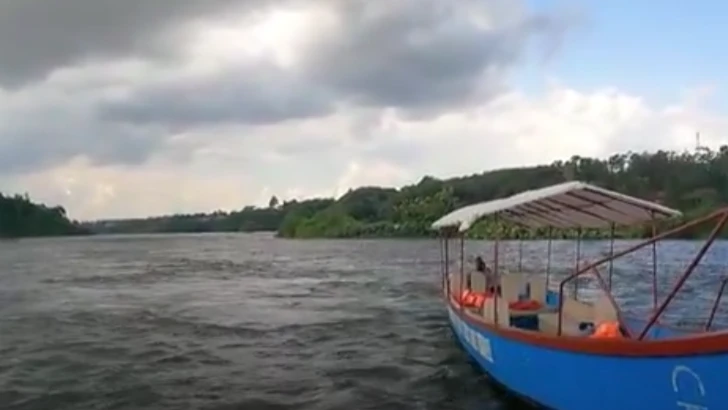Amendments could help in solving wildlife units’ human rights queries

A LAW review process is being engaged by the Commission for Human Rights and Good Governance (CHRAGG) for specific provisions in laws regarding wildlife conservation and forest reserve areas. Top officials in the commission say that this part of an effort to sort out complaints on attitudes of conservation authorities on those living near the reserves, where any breaches of conservation regulations are harshly treated. Yet the tone of law review initiative was inclined more to optimism than realism on the issue.
A key official of the commission secretariat said at an engagement meeting with various conservation stakeholders in Arusha that a total of 12 pieces of legislation have been identified for review. This follows a spate of complaints delivered to the commission across a number of years, from 2016 to late 2023 where complaints on wildlife, forest reserves and the lot of neighbouring communities came up as pivotal. It is unclear what specific event is listed as a complaint, as it is less an incident than a formally lodged dispute to the commission, as otherwise one can’t say that in 2016/2017, the commission would receive two complaints, two during 2020/2021 and four complaints in 2021/2022.
As a mark of rising disputes – and perhaps in response to awareness raising efforts by the secretariat on the ombudsman services it offers, during fiscal 2022/2023 it received eight complaints, and seven others in the 2023/2024 financial year. The bigger number of cases and indeed the tonality of legal claims or observation in relation to other laws that lay public rights and entitlements, a rethinking on a number of legal provisions that seem to be at the root of incessant complaints was mooted. That is what the panel is undertaking.
The stated ambition in organising a stakeholders’ meeting and engaging a law review process is decidedly routine, if somewhat out of reach, as geared to finding lasting solutions to ensure people live a peaceful life without fear due to their surroundings. The meeting was thus geared to collecting views on the various laws regarding reserve areas, with a pointer as specific provisions to be amended to reduce existing conflicts between local residents and conservation authorities. There was a visible outlook on the part of the secretariat executive to stress the citizens’ viewpoint, which is big hearted and unfeasible.
What the commission saw was overly repetitive violation of human rights, testified to by frequent appeals from MPs and other stakeholders This had the result of making the matter clear to the commission that it needs to start the process to determine provisions that need to be amended, to solve the existing challenges. That is where the problem lies, if softening of existing provisions for instance on trespassing would end apparent beaches of human rights in facilitating conservation. The law drafters eyed quite ‘hard’ provisions.
Setting up conservation areas and a legal cadre for operating them requires provisions that bite, where those wishing to ignore visible boundaries of conservation areas find the situation challenging, or adequately dissuasive. If the government grows cold feet about this aspect, due to complaints of violating human rights, it could encourage even the conservation staff to engage in trafficking with communities or individuals, in feeding cattle, poaching or anything. The commission can achieve some of its aims with a slate of amendments about lawful conduct and mindfulness of real need. Once a widow was sentenced to 20 years imprisonment for possession of antelope meat, not hunting rhinos.
Top Headlines
© 2026 IPPMEDIA.COM. ALL RIGHTS RESERVED

















